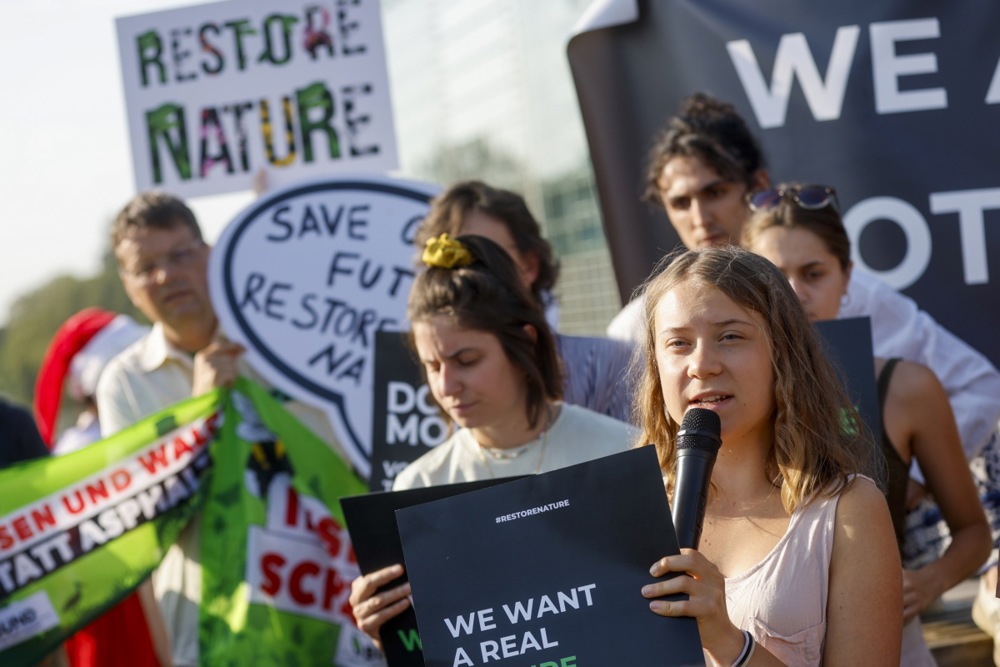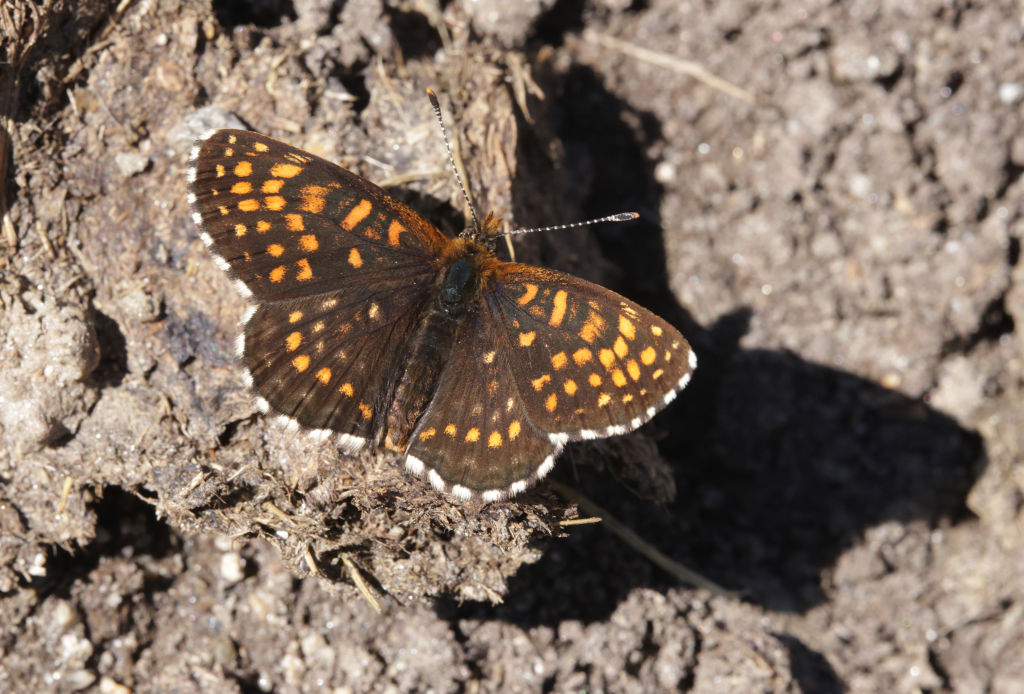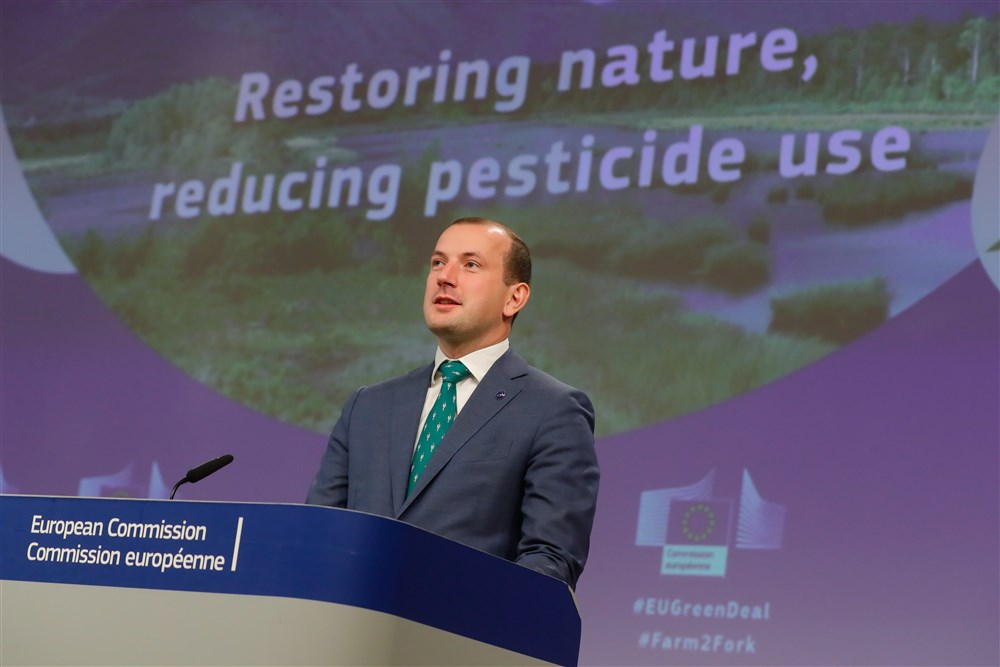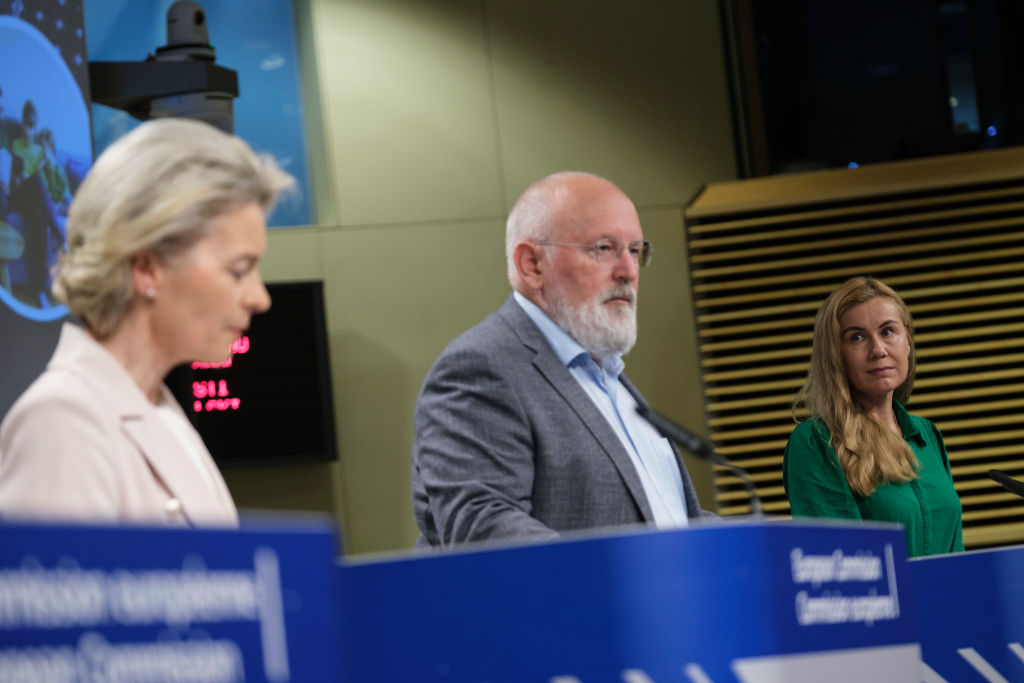Austria is facing a political crisis after environment minister Leonore Gewessler of The Greens party voted in favour of the European Union’s Nature Restoration Law, against the will of her coalition partners the Austrian People’s Party (ÖVP).
The Austrian Chancellor Karl Nehammer said he now wanted to take her to court her over her voting decision in Luxembourg on June 17, which he said went against prior agreements.
Austria had previously abstained, due to a lack of majority support among its states.
In a surprising turn of events, Gewessler gave an Austrian approval to the law at a Council of Ministers of the European Union meeting. That tipped the balance in favour of the controversial law. Despite that, the Austrian vote could end up being ruled illegal.
Gewessler voted in favour after two Socialist-led States, Vienna and Carinthia, changed their stance and said they supported the legislation.
Die heutige Entscheidung ist ein Sieg für die #Natur. Die Europäische Union stellt sich geeint hinter den Schutz unserer #Lebensgrundlage. Wir geben der wunderbaren #Artenvielfalt unserer Heimat den Platz, der ihr zusteht. #Renaturierungsgesetz (1/3) pic.twitter.com/YEei4OkM5o
— Leonore Gewessler (@lgewessler) June 17, 2024
In reaction to Gewessler’s vote, the ÖVP-led Chancellery announced that it would file a so-called nullity action with the European Court of Justice (ECJ). Additionally, the ÖVP said it wanted to sue Gewessler for alleged abuse of office.
It was felt the presidency of the EU, currently held by Belgium, may have had a detrimental impact on the course of events.
In the run-up to the ballot, Nehammer had written a letter to the Belgian Presidency, stating that Gewessler was not authorised to vote in favour and that any such would be “unlawful”.
It must “remain with Austria’s abstention, which has already been registered in accordance with the usual procedures”, he stated.
The “green” Brussels minister Alain Maron, who led the meeting for Belgium, refused to acknowledge that.
“On our side, the minister present votes in the room, that’s how it works,” Maron said ahead of the vote, implying it was an “internal Austrian controversy” that “does not concern me”.
Maron, who suffered a devastating loss in the European Parliament elections of June 6- 9 in Belgium shedding around 75 per cent of his backing compared to the previous election cycle, stated he acted to “keep the door open” on the nature restoration law.
A little earlier, Belgium made headlines with its Prime Minister Alexander De Croo being accused of actively campaigning to torpedo the legislation.
?️ "As Presidency, what we have done is open the doors, to keep the Nature Restoration Law #NRL possible. "
➖ Alain Maron ?? at the #ENVI Council in Luxembourg.
#EU2024BE #EPSCO pic.twitter.com/xUS4SlSDpl— Belgian Presidency of the Council of the EU 2024 (@EU2024BE) June 17, 2024
Ahead of the vote, Gewessler had signalled she was not concerned about Nehammer’s letter. “The power of attorney mentioned in this letter does not exist in Austrian law, nor in European law. I will therefore proceed as planned,” she said.
But Nehammer disagreed and has filed the criminal complaint for alleged abuse of office.
According to the Austrian Constitutional Service in the Federal Chancellery, the minister is bound by the opinion of the federal states.
“There is a suspicion that Leonore Gewessler, with her consent to the Restoration Law, is unlawfully and knowingly acting against the clear requirements of the Constitutional Service and against the constitution — this constitutes abuse of office,” the secretary general of the ÖVP, Christian Stocker, alleged in a press release.
Legal experts noted she can disagree with the Constitutional Service but she is not allowed to override it with any such “private opinions” and disregard the legal provisions.
Asked by Brussels Signal about the possible consequences, spokespeople from the Council of Ministers and European Commission declined to comment on what they called “internal issues of Austria”.
The same was heard from a spokesperson for the Belgian council presidency, who stressed that the correct formal procedures were followed.
Article 16 of the treaty on the European Union states in paragraph two that: “The Council shall consist of a representative of each Member State at ministerial level, who may commit the government of the Member State in question and cast its vote.”
Now, the European Court of Justice will have to determine if Gewessler acted as a representative of Austria or on her own behalf.
In a reaction to Nehammer, Green vice-minster Werner Kogler and Gewessler also wrote a letter to Brussels.
In that, they said they regretted that De Croo and Maron were involved in Austrian domestic political disputes. “The accusations made in the Chancellor’s letter are incorrect and do not reflect the Austrian legal situation,” the Greens claimed.
Moreover, according to Kogler and Gewessler, it was not necessary for there to be a consensus in the Austrian Government on the voting behaviour of a minister, nor does the Chancellor have any right to issue instructions.
A green “coup” in Austria?
Austria’s environment minister Gewessler (a Green) has just attempted a mini-coup by changing her country’s stance on the EU’s hugely controversial Nature Restoration Act. pic.twitter.com/Al2Wfe9eHN
— MCC Brussels (@MCC_Brussels) June 17, 2024
The vote for the Nature Restoration Law was on a knife-edge, having to reach a qualified majority of 65 per cent of EU residents and 55 per cent of Member States.
Austrian approval tipped the balance towards 66 per cent of EU residents and proved crucial for the law’s approval.
In the Alpine country, the opposition claimed Nehammer and Gewessler had made Austria “the laughing stock of Europe,” according to climate spokeswoman Julia Herr of the Socialist Party (SPÖ). She called it an “undignified squabble” in light of approaching Austrian general elections in September.
Hard-right Freedom Party (FPÖ) leader Herbert Kickl said he wanted action against what he called Gewessler’s “ideology-driven solo effort”.
There should be more consequences other than simply declaring them “not authorised”, he said.
It is unclear if the Austrian ruling coalition will hold. Some Christian-Democrats are indicating the majority is dead, while others are more circumspect.
The Nature Restoration Law gives Member States ecological targets. Because of the fierce opposition to the legislation, including protests from farmers, it had been watered down.
Member States will have more autonomy to determine what natural habitats they will restore and how they will do so. In addition, they will not face immediate scrutiny or punishment in relation to the number they choose to restore.
Member States are allowed to submit their own restoration plans to Brussels.
By 2030, at least 30 per cent of such habitats must be restored. The percentage must climb to 90 per cent by 2050.





